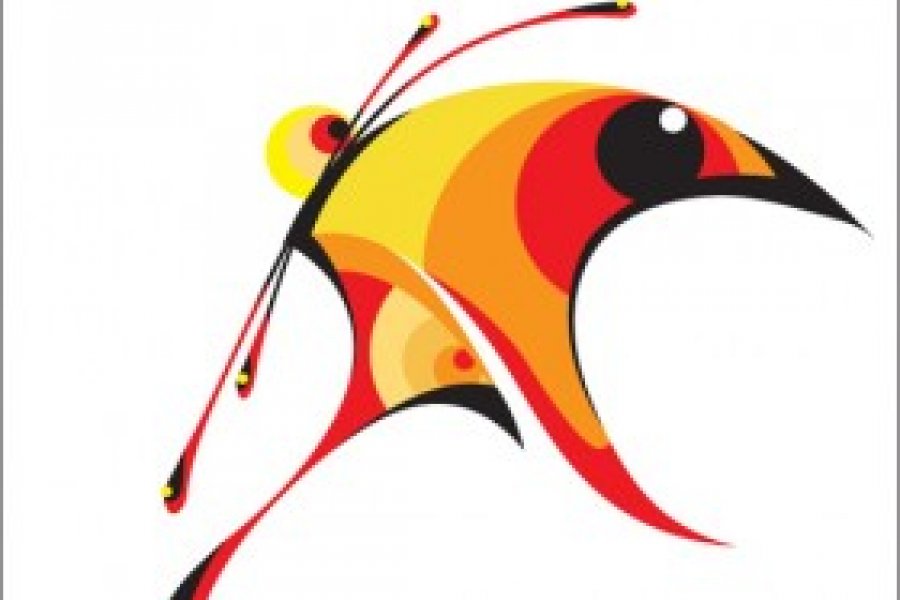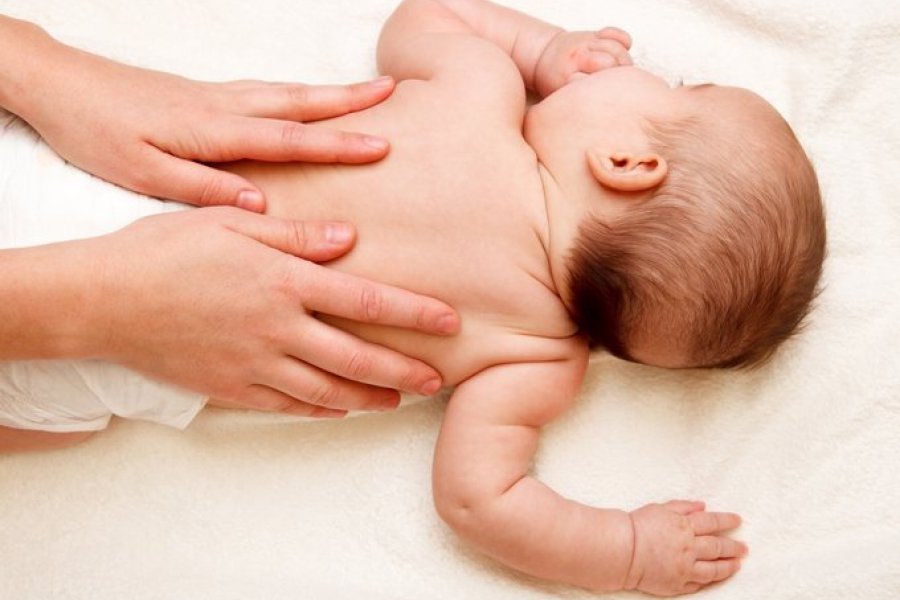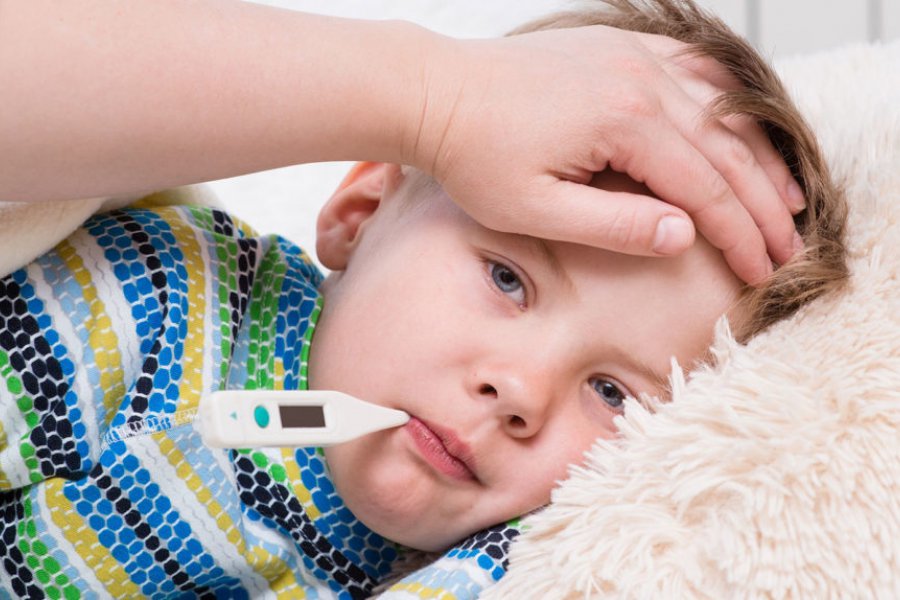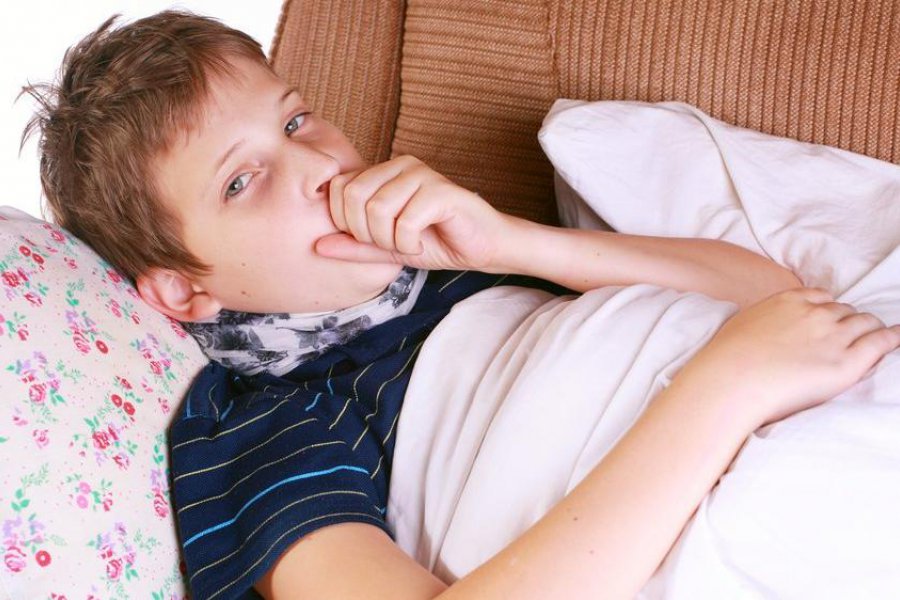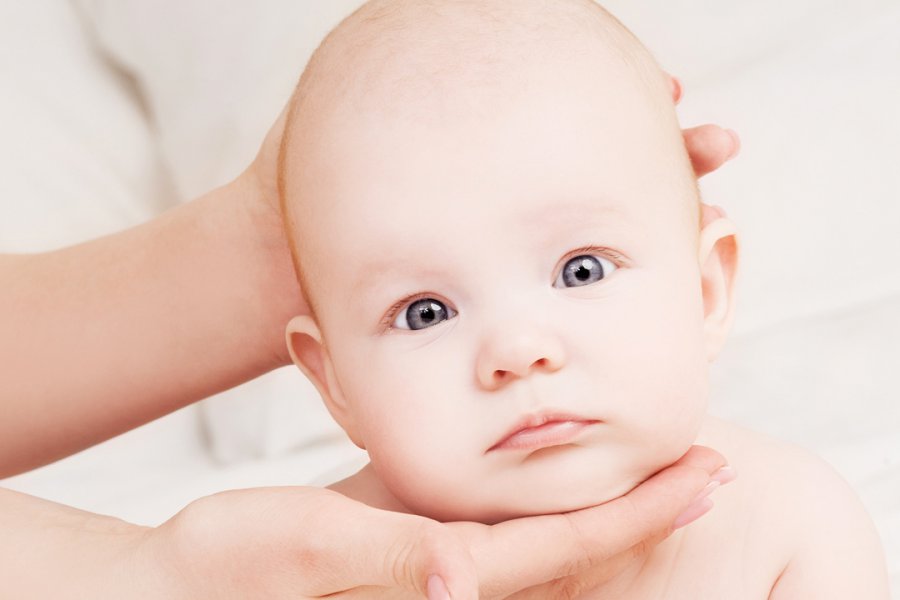Parasitic infections in children
Parasitic infections in children are health problems that occur as a result of various parasites entering the body. These parasites can be acquired through food and water or spread through contact. Parasitic infections in children can cause different symp
Parasitic infections in children are health problems that occur as a result of various parasites entering the body. These parasites can be acquired through food and water or spread through contact. Parasitic infections in children can cause different symptoms, and treatment may vary depending on the type of infection, its severity, and the age of the child. Here are some common parasitic infections in children and their treatments:
Pinworm (Enterobius vermicularis): The most obvious symptom of pinworm is usually severe itching, especially around the anus. Antiparasitic drugs are generally used in treatment. It is also important to develop cleaning habits.
Tapeworm (Taenia saginata or Taenia solium): Tapeworm can be transmitted through consumption of cow or pork. Symptoms may include abdominal pain, weight loss and intestinal problems. Tapeworm infections are usually treated with antiparasitic medications.
Schistosomiasis: Schistosomiasis can be transmitted through contact with contaminated water and can cause symptoms such as severe abdominal pain, diarrhea and fever. Antiparasitic drugs are used for treatment.
Amoebic Dysentery (Entamoeba histolytica): This infection can be transmitted as a result of consumption of contaminated water and food. Symptoms may include bloody diarrhea, abdominal pain and fever. Specific antiparasitic drugs are used for treatment.
Giardiasis (Giardia lamblia): Giardiasis can be transmitted through contaminated water or food. Symptoms may include diarrhea, abdominal cramps, bloating, and weight loss. Giardia infections are usually treated with antiparasitic medications.
Military Fly Egg (Myiasis): Military fly eggs can settle under the skin with fly bites and cause swelling. Treatment may require removal of larvae under the skin.
It is important to take the following precautions to prevent parasite infections:
Washing hands frequently, especially after using the toilet and before meals.
Paying attention to the cleanliness of water resources and avoiding consumption of contaminated water.
Cooking food well and storing it in clean conditions.
To teach children cleaning habits and to encourage the habit of washing hands after the toilet.
If you suspect a parasitic infection in your child, you should consult a pediatrician. The doctor will diagnose the infection by performing appropriate tests and initiate treatment if necessary. If drug therapy is prescribed, it is important to fully comply with the doctor's recommendations and instructions.
